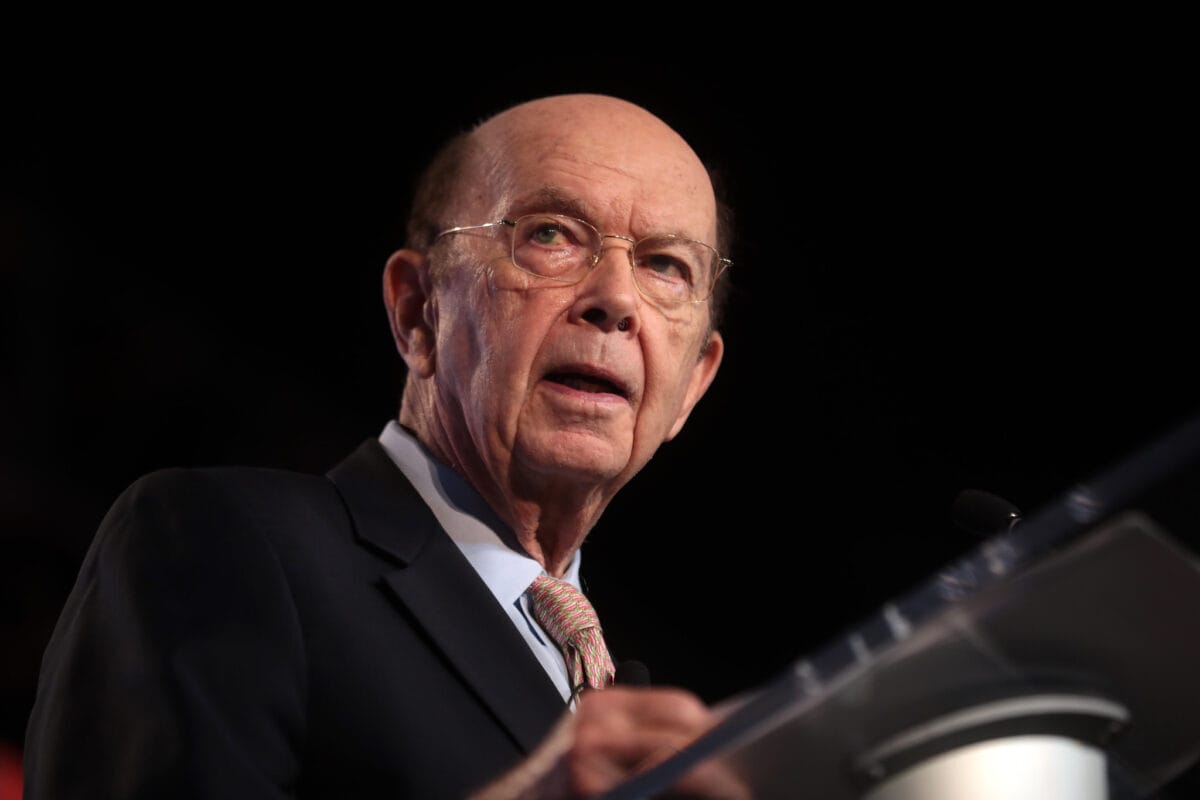Broadband Roundup: Companies Impact Global Tech Standards, Accelerating C-Band Clearing, Experts Debate Antitrust
June 16, 2020 — U.S. Secretary of Commerce Wilbur Ross announced a new rule on Monday which he claimed will ensure the country’s telecommunications industry is able to fully contribute to global standards development activities. The new Bureau of Industry and Security rule allows licenses previously










Member discussion